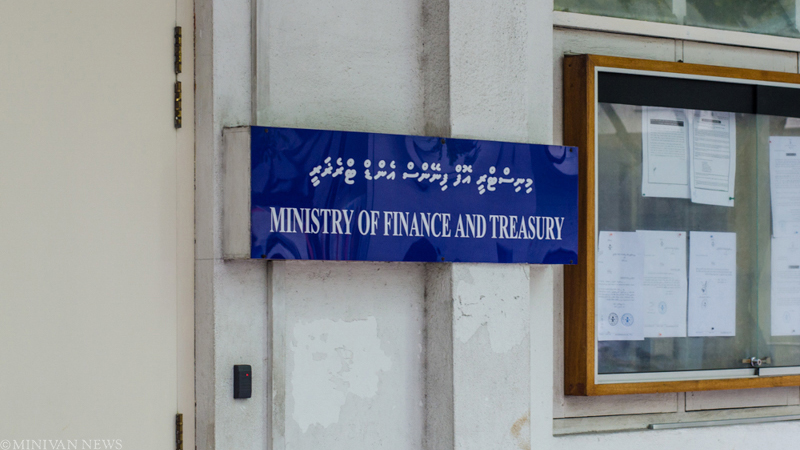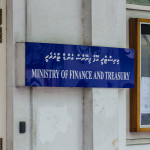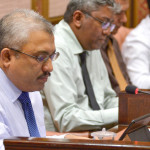The finance ministry has put a halt to spending on development projects in a bid to reign in a ballooning budget deficit.
On Sunday, the finance ministry suspended spending on development projects that have not yet been signed and contracted. The measure is one among many in a host of cost-cutting steps.
The ministry has also imposed a hiring freeze, restricted overtime pay, and ordered offices to stop domestic and international travel. Offices are to be closed by 2:30pm at the latest.
Drastic cost-cutting measures are usual at this time of the year with government expenditure persistently outstripping income in recent years.
The budget deficit for this year was expected to be three percent or MVR1.6 billion. The main opposition Maldivian Democratic Party (MDP) says the gap may increase four-fold to MVR6 billion.
In May, the government obtained a US$20 million grant aid obtained from Saudi Arabia for budget support.
The People’s Majlis had passed a record budget of MVR24.3billion (US$1.5billion) for this year. Some MVR21.5billion (US$1.3billion) was expected in revenue.
Statistics show the government had earned MVR7 billion from January to May, but had spent MVR9.2billion in the same period. The deficit of MVR 2.2 billion in the first five months exceeds the total estimated deficit. Figures beyond May have not been published.
Some US$100 million was expected as acquisition fees from investments in Special Economic Zones (SEZ) by August this year. However, large-scale foreign investments have not been forthcoming so far.
Income from SEZs was among US$220 million expected from new revenue raising measures, including hiking import duty rates, the introduction of a “green tax” in November, and leasing 10 islands for resort development.
The World Bank last week said the deficit for 2014 stood at 11.6 percent of GDP, not 3.4 percent as stated by the government.
“Despite high revenue of 32.4 percent of GDP, spending reached 44 percent of GDP, leading to a fiscal deficit estimated at 11.6 percent of GDP in 2014. Tourism-related earnings have driven the increase in total revenue, but not enough to prevent a widening of the deficit,” a report published last week said.
















